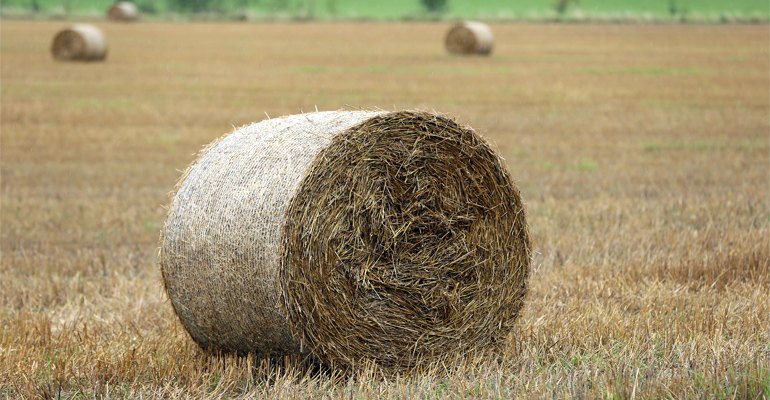France-headed advanced biofuels and biochemical process developer Global Bioenergies has announced having received a payment of EUR 2.2 million for the OPTISOCHEM project supported by the Bio-Based Industries Joint Undertaking (BBI-JU) the public-private sector partnership between the European Union and the Bio-Based Industries Consortium (BIC) under the European Horizon 2020 programme.

According to a statement, Global Bioenergies has successfully converted sugars from wheat straw into bio-isobutene at demo plant scale. Clariant, a partner on the supply side of the consortium, has used its “Sunliquid” technology to produce sugar-rich hydrolysates from wheat straw, which were then converted into isobutene in Global Bioenergies’ demo plant located in Leuna, Germany.
This isobutene is then itself dedicated to being converted by chemistry specialist INEOS, also a member of the OPTISOCHEM project, into polymers and oligomers that can be used in any number of high-performance applications, particularly in cosmetics.
Concurrently with our work on traditional sugar sources (sucrose or glucose from sugar beet, sugar cane or starch), we have successfully adapted our bio-sourced isobutene production process to the use of so-called “advanced” sources of sugar both economically attractive and presenting a positive environmental profile. In this OPTISOCHEM project, for instance, the sugar comes from straw. In two other projects (REWOFUEL and SWEETWOODS) we are adapting our micro-organisms to sugars from soft and hardwoods. These advanced sugars are mostly composed of glucose but they also contain variable proportions of secondary sugars (xylose, mannose, and arabinose in particular) along with impurities that are known to inhibit the fermentation process. Adaptation work consists of “teaching” our isobutene-producing micro-organisms to convert all sugars whilst dealing with impurities, said Bernard Chaud, Head of Industrial Strategy at Global Bioenergies.
On February 26, members of the OPTISOCHEM project presented activities from the first term of the project to independent experts appointed by the BBI-JU. Further to the internal validation procedure set up by the BBI-JU, the consortium has received the sum of EUR 3.3 million, of which EUR 2.2 million for Global Bioenergies.
Derivatives of isobutene are playing an increasingly significant role in the field of cosmetics, which is improving its index of naturalness year after year. Bio-isobutene will help the cosmetics industry to further increase the naturalness of its products by providing access to bio-sourced products featuring key functionalities. Additionally, isobutene derivatives have the potential to play a major role in the transition towards more environmentally friendly road and air travel, said Marc Delcourt, CEO of Global Bioenergies.


